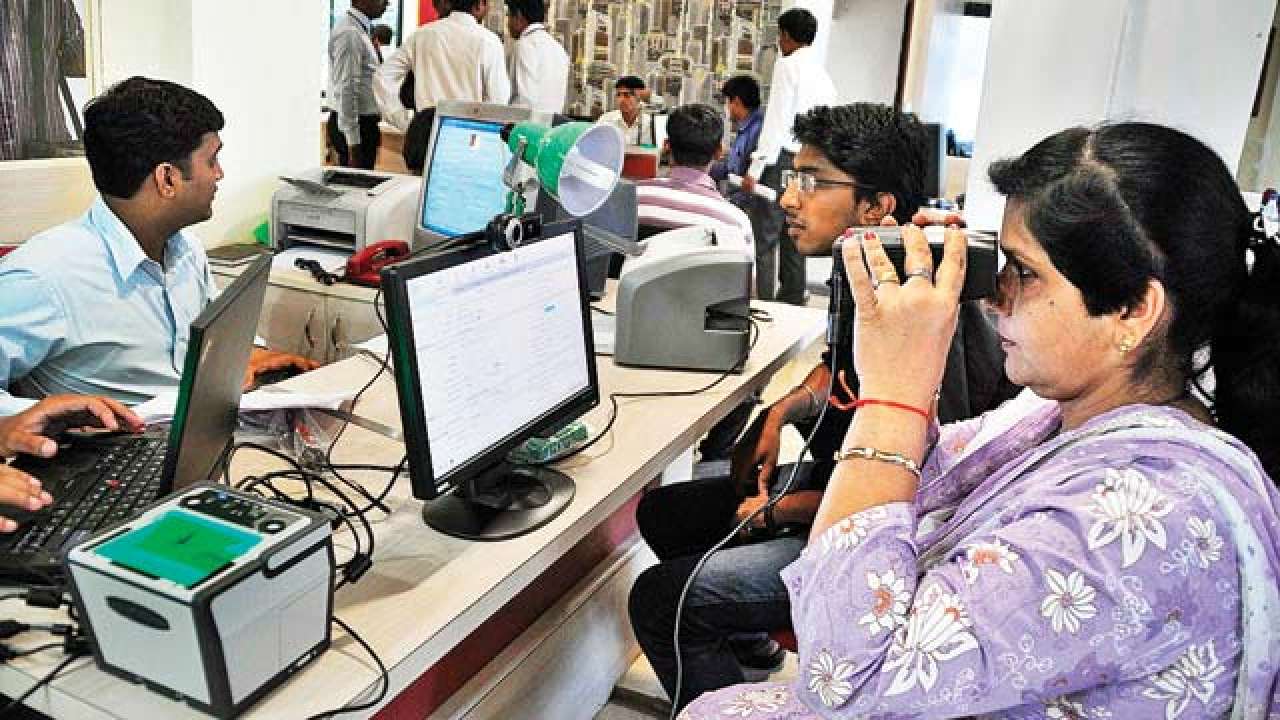
Giving its verdict on the vexatious issue, the Supreme Court on Thursday said that privacy is a guaranteed fundamental right under the Constitution.
Headed by Chief Justice J S Khehar, the nine-judge constitution bench unanimously held that privacy is a fundamental right under article 21-part 3, after hearing marathon arguments for six days over a period of three weeks.
The contentious issue had emerged when the apex court was dealing with a batch of petitions challenging the Centre's move to make Aadhaar mandatory for availing the benefits of various social welfare schemes.
The bench overruled the M P Sharma verdict of 1950 and that of Kharak Singh of 1960.
The judgement in the Kharak Singh case was pronounced by eight judges and in M P Sharma it was delivered by six judges.
Who are the nine judges?
Besides CJI Khehar, the other judges of the nine-judge bench are Justices J Chelameswar, S A Bobde, R K Agrawal, R F Nariman, A M Sapre, D Y Chandrachud, S K Kaul and S Abdul Nazeer.
Who argued either in favour or against?
The high-voltage hearing saw a battery of senior lawyers, including Attorney General K K Venugopal, Additional Solicitor General Tushar Mehta, Arvind Datar, Kapil Sibal, Gopal Subaramaniam, Shyam Divan, Anand Grover, C A Sundaram and Rakesh Dwivedi, advancing arguments either in favour or against the inclusion of right to privacy as a fundamental right.
The decision to set up the nine-judge bench was taken to examine the correctness of two apex court judgements delivered in the cases of Kharak Singh and M P Sharma, decided by six and eight judge benches respectively, in which it was held that this right was not a fundamental right.
While the Kharak Singh judgement was delivered in 1960, the M P Sharma verdict was reported in 1950.
(With agency inputs)